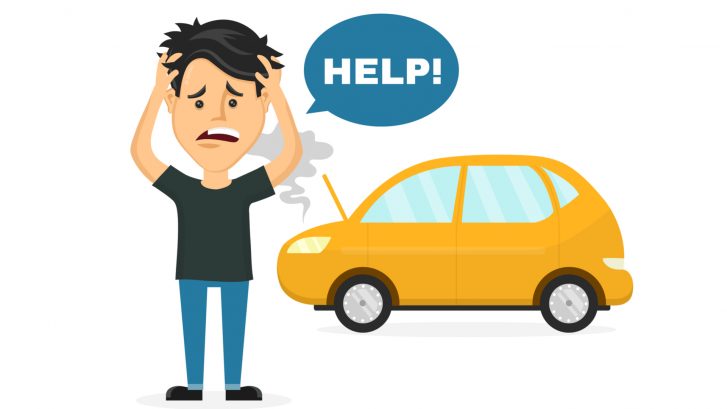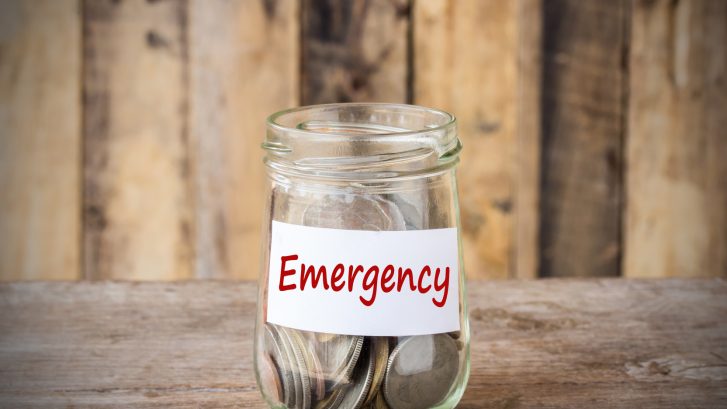4 Financial Issues That Can Throw Your Budget Out Of Whack
Do you want the secret to staying out of debt? It’s all about budgeting. You need to make sure that you are constantly keeping control of your spending and that you have a check on how much money you have for various different purchases and bills. Unfortunately, this is easier said than done because there are a number of problems that can throw your budget off completely. Let’s look at a few of the issues and some of the best ways to deal with them.
As you’re closing one year and resolving to make the next one even better – in whatever way you have in mind – remember that your financial plan has to be ready for the new year, too. You need to go over what you did with your money in 2017 and consider what expenses you’ll face in 2018. In short, you need a budget.
“While [budgeting’s] not necessarily anyone’s favourite part of the financial planning process, it’s a really important part because that’s where you can uncover opportunities or problems,” says Chantel Bonneau, a financial advisor with Northwestern Mutual. “And it really gives us the data to take action from there.”
High Energy Bills
If you own your property, you have probably at some point worried about how much your electric, gas or water usage is costing you. These days, with smart meters, it’s impossible not to keep a check on your energy usage. But that doesn’t mean that an unexpectedly high bill could catch you by surprise. In the winter months, when we use the heating more and stay inside regularly, it’s easy to use far more than the typical amount. Then, when the bill comes in it can be a nasty shock. To deal with this, it’s important that you keep your home as green as possible. Switch out any tech that is costing you a fortune.
Car Trouble
Cars can cost drivers a fortune, and we are of course talking about accidents and crashes. If you are responsible for a car accident, you might need to pay damages to any other driver involved in the collision. If there were no other drivers, you might still need to pay for the costs to repair a car. You might think that you can just leave the car damaged. But this won’t be a possibility if you need your car for the commute into work or to drive the kids to school. It’s worth making sure that you do have an excellent insurance coverage. This will guarantee that you do not end up in the situation where car trouble is costing you a fortune.
Home Repairs
Another issue that can take your finances through the ringer is a home repair. Renters won’t need to deal with this, but homeowners may one day find themselves facing an expensive home fix such as a broken boiler. This is why you need a rainy day fund. Save a little each month, and you should have enough to stay afloat even when you are hit with a heavy cost like this.
Redundancy
Finally, you may find that at some point you experience redundancy. Redundancy can occur without any warning, and you need to be prepared. You should always be keeping one ear to the ground, making sure you know of the job opportunities that could replace a lost income. As well as this, you need to have a plan in place to survive the average six months it usually takes people to find work.
We hope this helps you deal with some of the financial issues that can throw your careful budgeting off completely and allow you to keep control.
Try our loan calculator to decide whether or not a Cigno loan is right for you.
To apply, simply complete our quick and easy online application and send us a bank statement. If you prefer to give us a call on 1300 88 23 24 and one of our friendly staff will be happy to help.
All applications are considered, and we do our very best to find a suitable solution to your needs.
Short-term cash advance solutions to get to your next payday? Receive up to $1000 in your account today with manageable repayment options, contact us: https://staging8.cignoloans.com.au/how-it-works/
Read the original source article: here




